William M. Bass Forensic Anthropology Center
Better known as the "Body Farm," this unique research facility has been studying how human bodies break down since the 1980s.
Calling the William M. Bass Forensic Anthropology Center a “farm” is, in a lot of ways, a misnomer. Rather than growing any particular product, this farm is focused on the breakdown and decomposition of organic materials. Specifically, human cadavers.
Behind the University of Tennessee, a little outside of Knoxville, there’s a 2.5-acre plot of land surrounded by a razor wire fence. Often called the “Body Farm,” this site has helped forensic scientists and researchers learn about human decomposition. When Dr. William M. Bass first opened his center to study human remains in 1981, he had one dead body and a 16 square foot cage. By 2007, the farm had over 150 decaying specimens, many donated to the farm by interested volunteers. Over 100 bodies are donated to the facility every year.
These specimens are exposed to a wide range of scenarios, to better understand how the conditions affect decomposition. Any number of factors can influence the process, such as how long a body has been outside, how exposed it is to air or water, or whether or not it is clothed. Bass’s work has revolutionized the field of forensic anthropology. Since its founding, other facilities have opened at schools around the United States and in several other countries.
In addition to the extensive, ever-growing research, the Forensic Anthropology Center also possesses one of the largest collections of modern skeletal remains in the world, with over 1,700 in total and many more future bodies willed to the project.
Know Before You Go
There are no tours of the Outdoor Research Facility. It is an active research center for students and faculty only.
Community Contributors
Added by
The Atlas Obscura Podcast is Back!




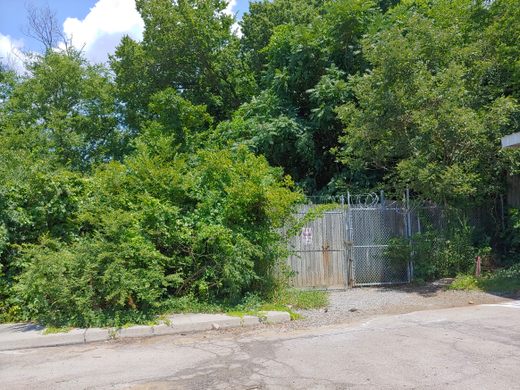











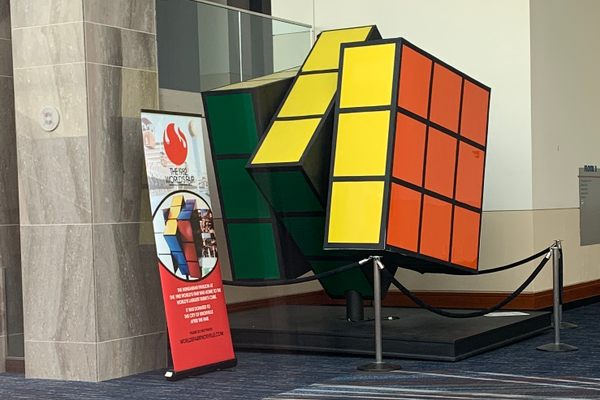
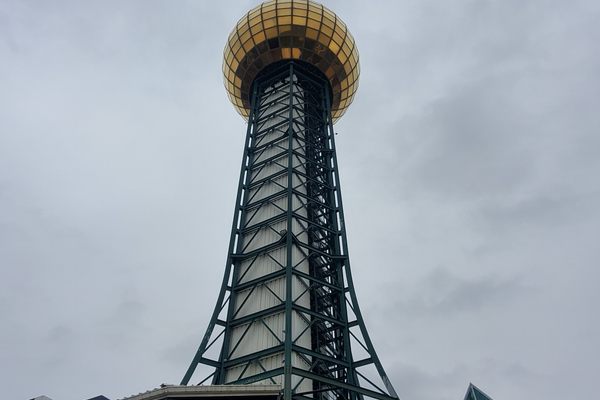
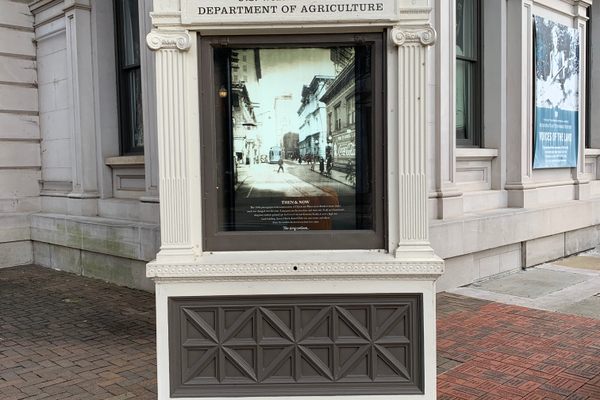
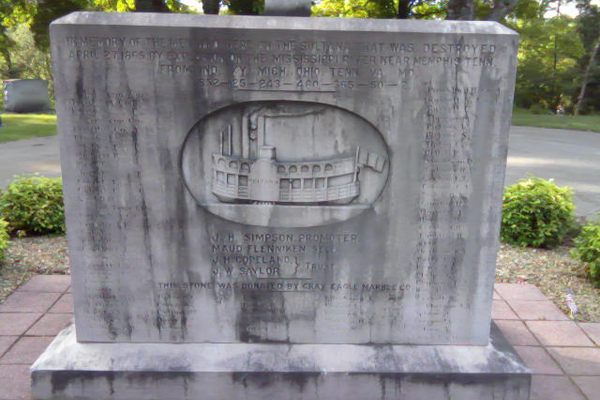
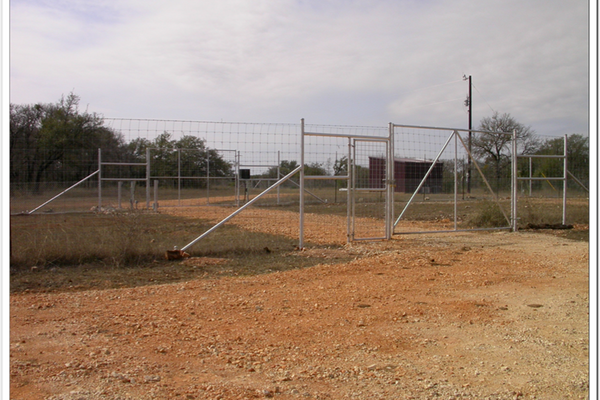
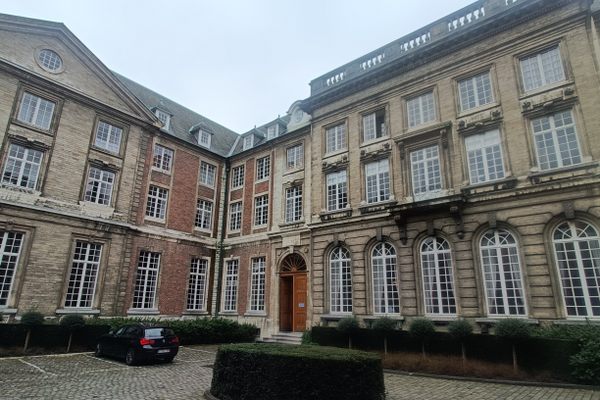
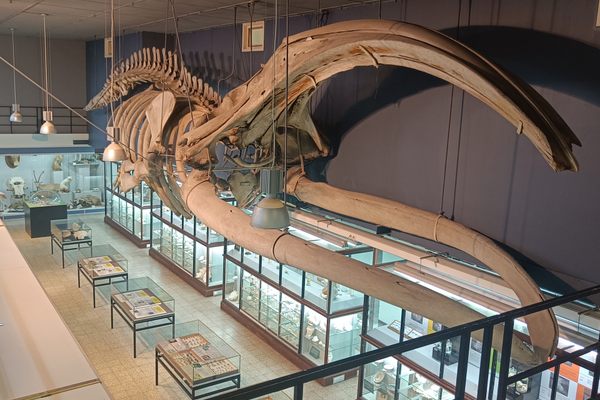



Follow us on Twitter to get the latest on the world's hidden wonders.
Like us on Facebook to get the latest on the world's hidden wonders.
Follow us on Twitter Like us on Facebook